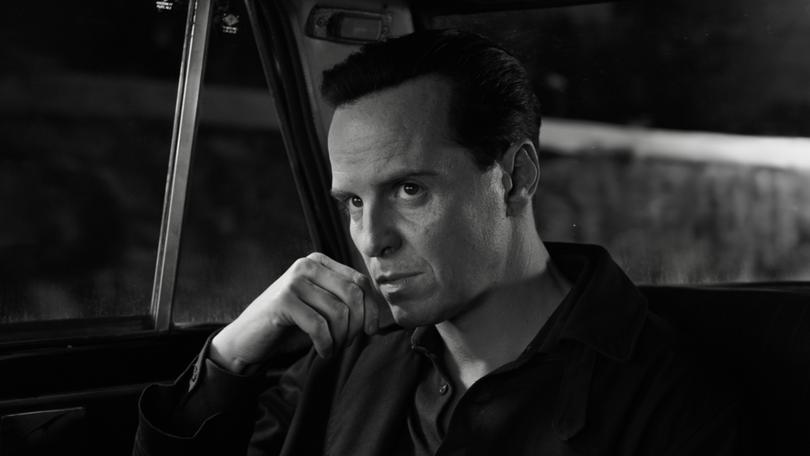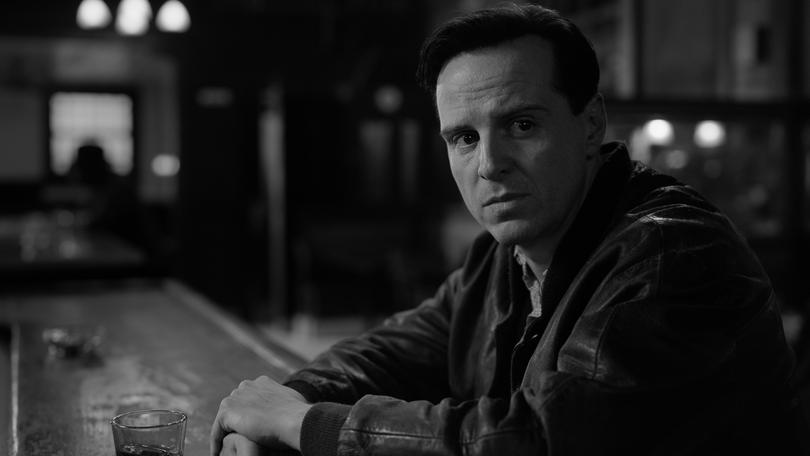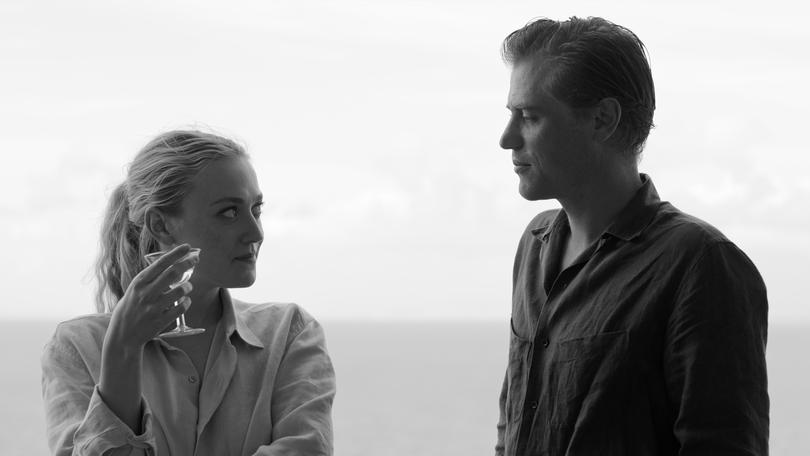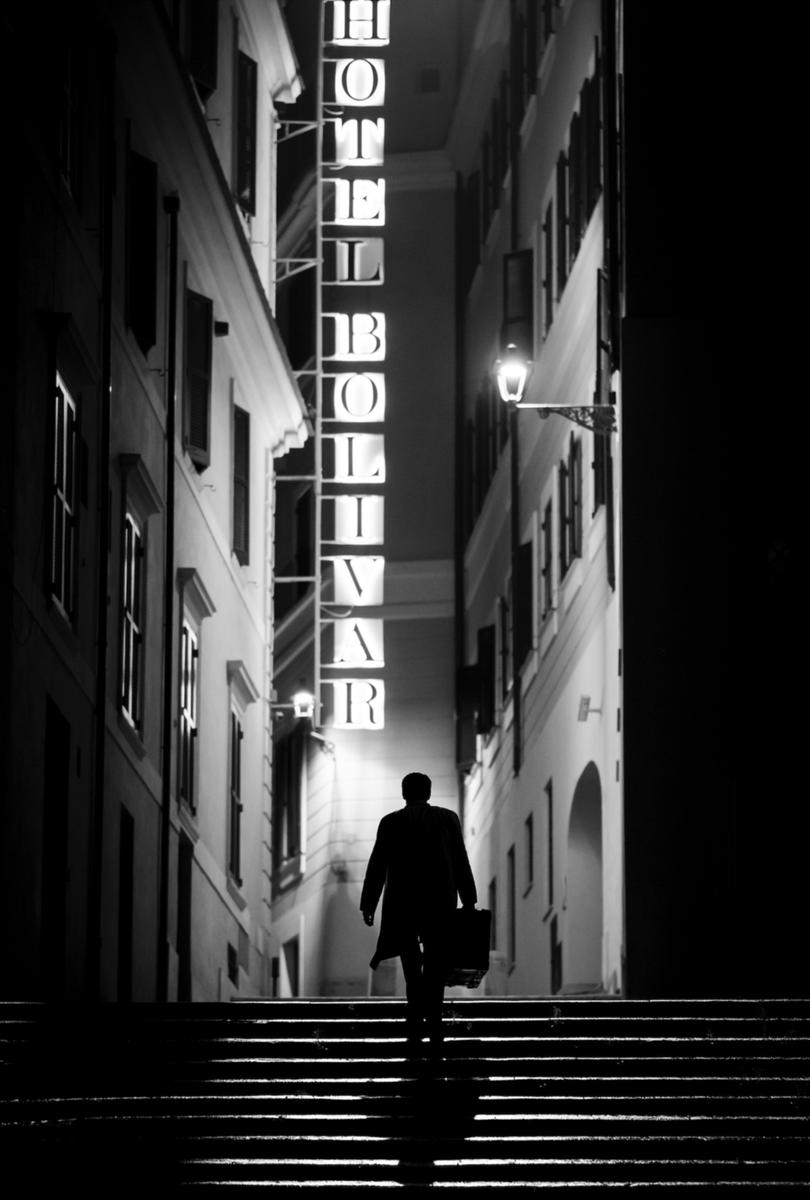Netflix’s Ripley series revels in the moral morass of Andrew Scott’s lead character
A new adaptation of Patricia Highsmith’s Ripley novels stars the incredibly watchable Andrew Scott, and revels in the infamous character’s moral fluidity.

It hasn’t been said enough that The Night Of is one of the best TV series of the 21st century.
A complex mystery centred on a young Muslim man accused of killing a rich, white girl, The Night Of traversed the failings of the justice system, and the class, racial and social fault lines of modern America. It was a vivid, unburnished portrait of New York City that Sex and the City obsessives wouldn’t recognise.
The Night Of was also the first and, until now, the only time Oscar-winning screenwriter Steve Zaillian ventured into TV. Zaillian, a scribe who has written for Martin Scorsese, Steven Spielberg, Ridley Scott and Sydney Pollack, is back at it, and this time, he’s writing and directing by himself.
Sign up to The Nightly's newsletters.
Get the first look at the digital newspaper, curated daily stories and breaking headlines delivered to your inbox.
By continuing you agree to our Terms and Privacy Policy.Ripley is adapted from Patricia Highsmith’s novels, starting with The Talented Mr Ripley published in 1955. Highsmith’s slippery con artist has famously lived on screen in two previous adaptations – the surprisingly moralist French movie Plein Soleil (Purple Noon) starring Alain Delon and Anthony Minghella’s lush 1999 film with Matt Damon.
Minghella’s movie is what Zaillian’s interpretation has to contend with, that’s the version stuck in audiences’ minds. In Zaillian’s favour is that his Ripley is a handsome eight-part miniseries, allowing the show to luxuriate in the character’s moral morass.

And who better to capture that fluidity and constant scheming, both calculated and panicked, than Andrew Scott, the Irish star known to many as Fleabag’s Hot Priest but who has a long list of credits including as Sherlock’s puckish nemesis Moriarty.
Scott’s Tom Ripley is wily and unknowable, a knot of ambition, desire and inferiority complex. He’s charming enough to beguile the viewer, and abhorrent enough to make us feel bad for rooting for him to get away with it all.
When Scott’s Tom half-smiles - At you? At himself? At the world? – it’s unnerving because you know that whatever comes next will injure someone, even if that’s not his endgame. Tom is always concerned, first and foremost, about his own circumstances.
The broad strokes of the series is faithful. Tom Ripley is a small-time grifter barely getting by in NYC. He’s sought out by a wealthy industrialist who wants him to go to Italy and convince his wayward son, Dickie Greenleaf (Johnny Flynn), to return to America and be a responsible adult.
Dickie would rather spend his days on the beach, drinking and occasionally painting. His girlfriend Marge (Dakota Fanning) is a writer. Tom arrives and disrupts their cosy arrangement, immediately becoming entranced by Dickie and his easy life of quiet luxury. Dickie has never had to hustle for anything. There’s also a homoerotic desire Marge suspects but Dickie initially rejects.

The Ripley stories have always been a cat-and-mouse game Highsmith is playing with her readers as much as Tom is with his targets or his pursuers. What is our own complicity in empathising with his murderous aspirations?
In casting Scott, Zaillian is weaponising the actor’s status as a beloved “internet boyfriend”, especially among the LGBTQI community, to infuse his Ripley with that thorny dynamic of attraction and repulsion.
Scott lends the series a hypnotic effect, but Ripley still has its flaws. The first few episodes suffer from the energy suck that is this series’ interpretation of Dickie and Marge. Maybe it’s a matter of miscasting or it’s how those performances were directed, but Flynn and Fanning’s muted screen presence is befuddling.
You never understand why Tom is enamoured with Dickie when he’s such a cold fish. This Dickie makes being rich and fancy-free seem boring. Part of that is Jude Law’s Dickie in Minghella’s film was a charisma bomb and it’s hard to shake that off.

But once Dickie is (thankfully) dispatched, and Zaillian focuses on Tom, the series picks up its rhythm. And his interactions in a later episode with Dickie’s friend Freddie Miles (Eliot Sumner) crackle with the dangerous intensity that should have been present earlier.
Where Ripley really impresses though is Robert Elswit’s striking black-and-white cinematography. The dramatic shadows and sharp lines give Ripley an overall intoxicating feel.
Especially once the action is transplanted to Rome with its arresting classical architecture and theatrical art. Ripley’s aesthetic isn’t going for the gritty warmth of Italian neo-realist films, rather it’s evocative of the baroque tension of Caravaggio. It looks amazing.
Ripley’s success as an eight-part miniseries hinges on whether Zaillian and Scott can pull you into the claustrophobic confines of Tom Ripley’s twisted yearning. In that, it does, and you feel dirty for wanting more of it.

